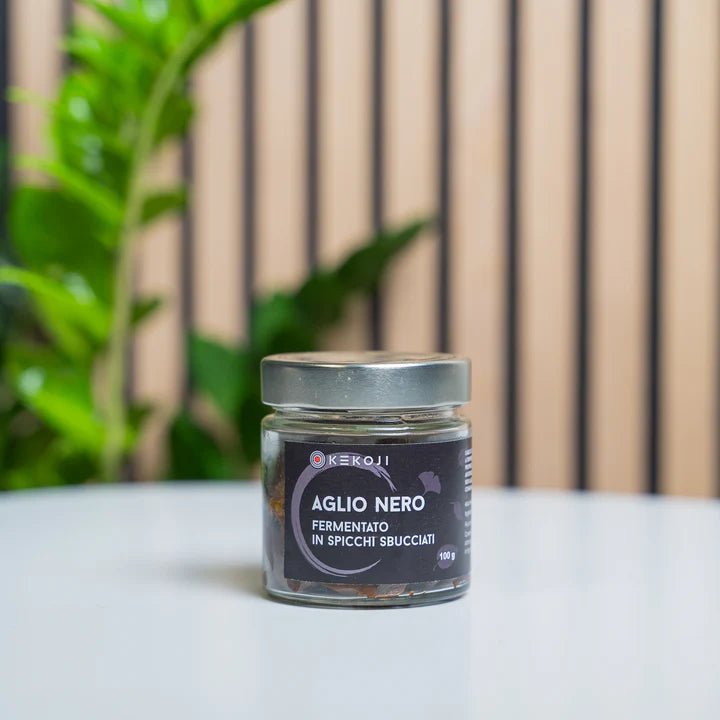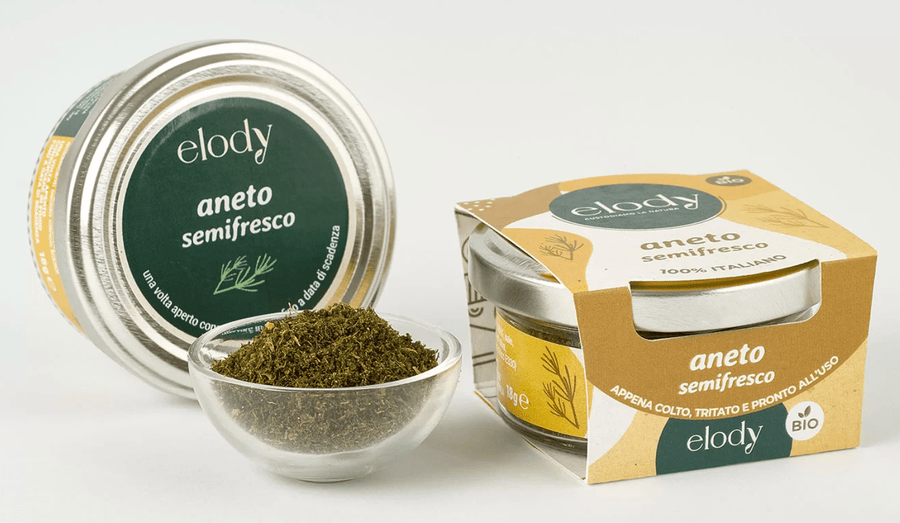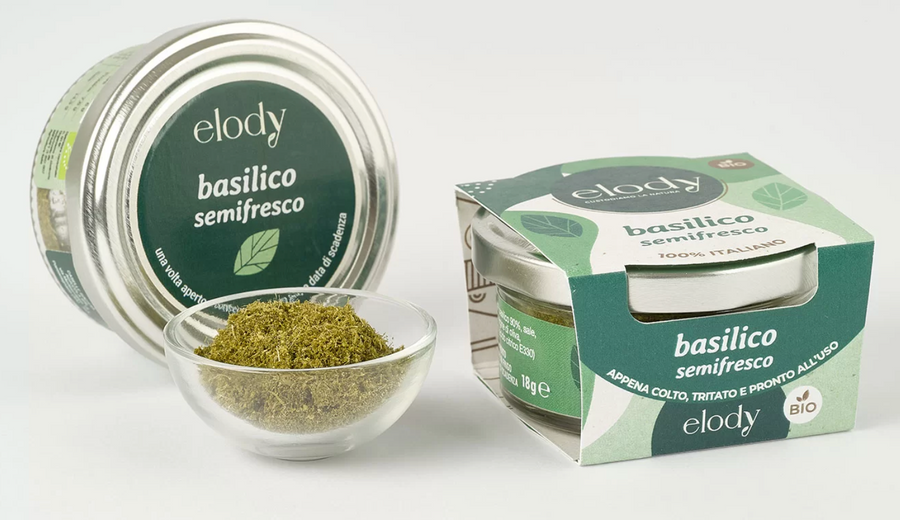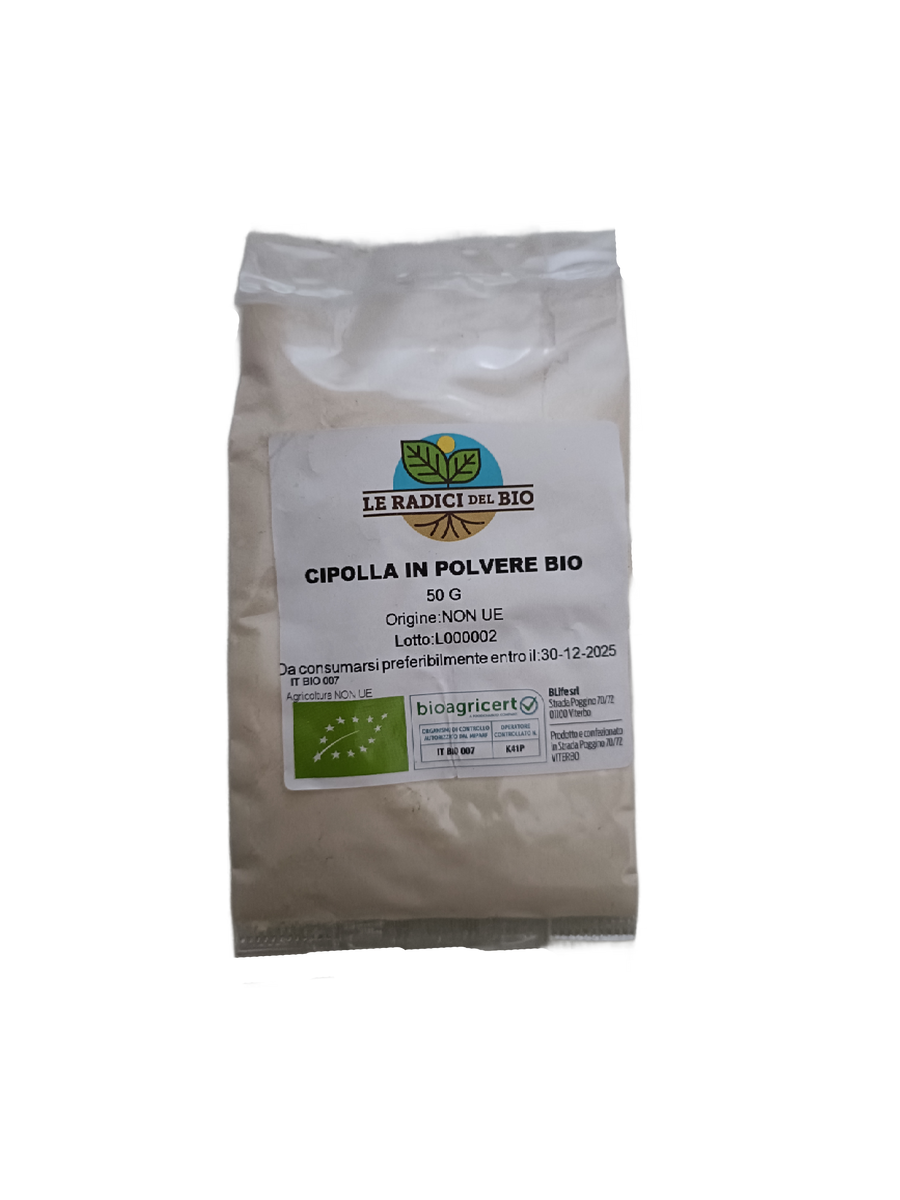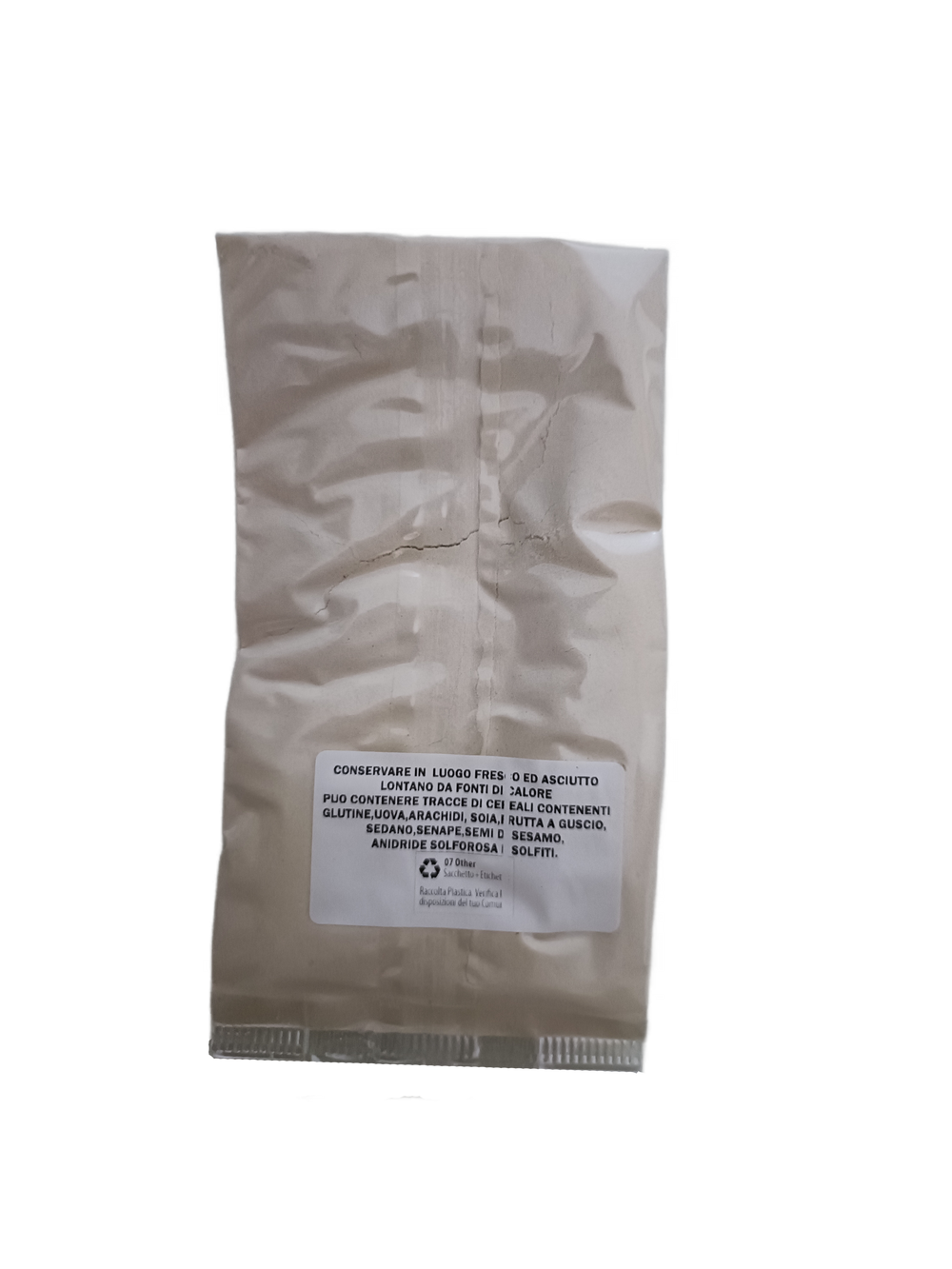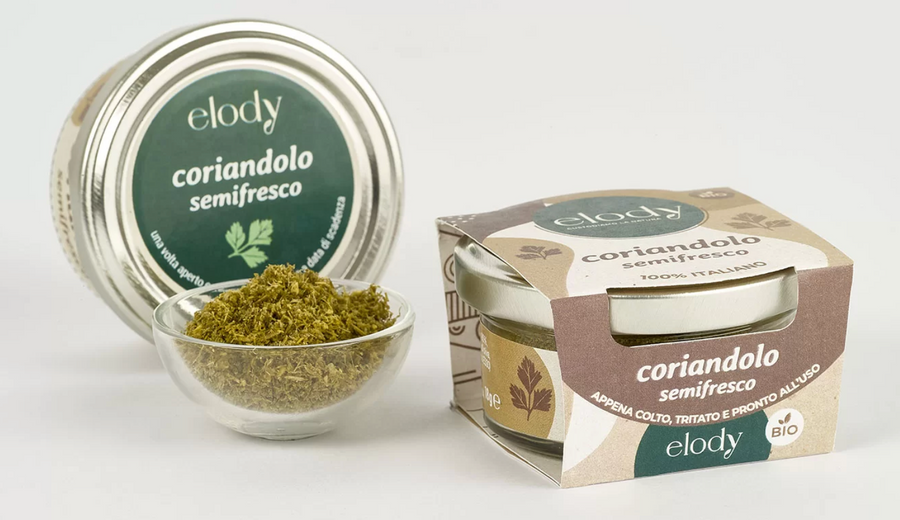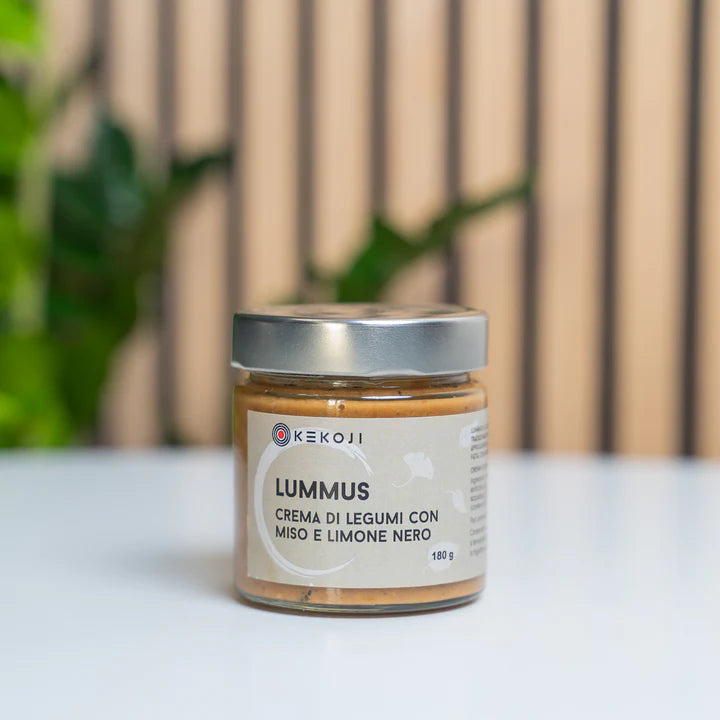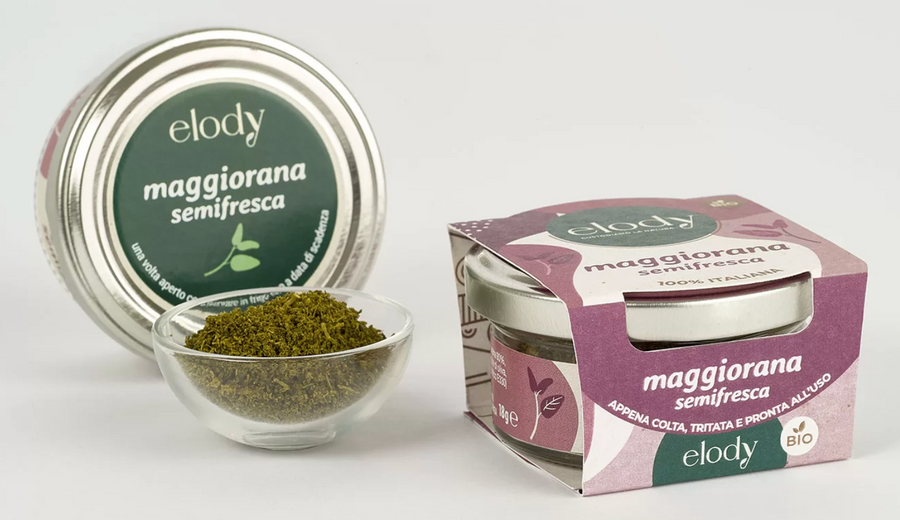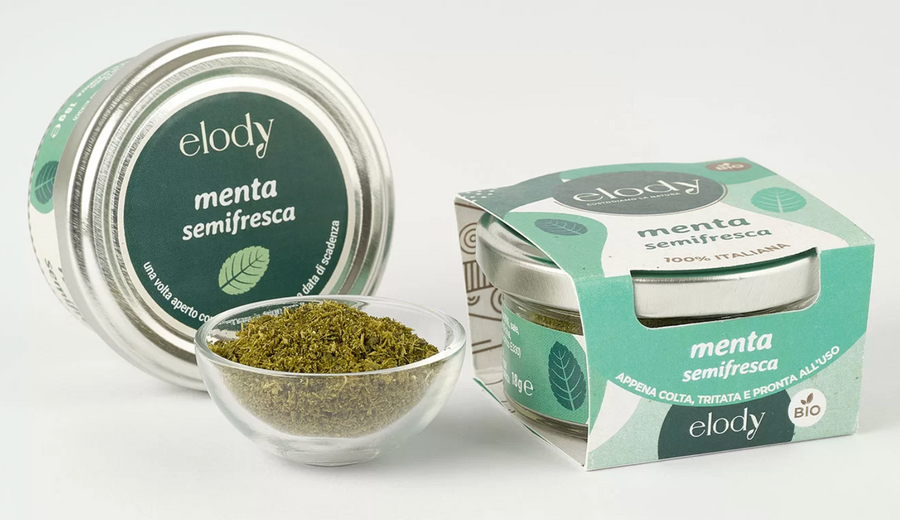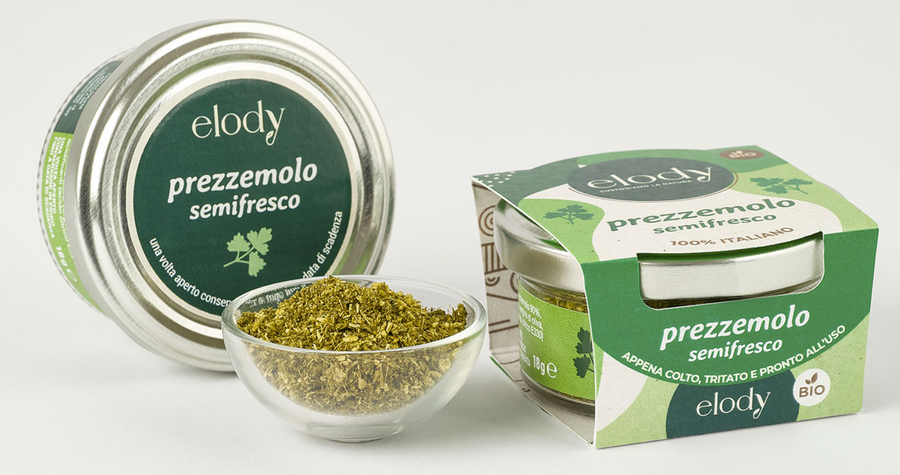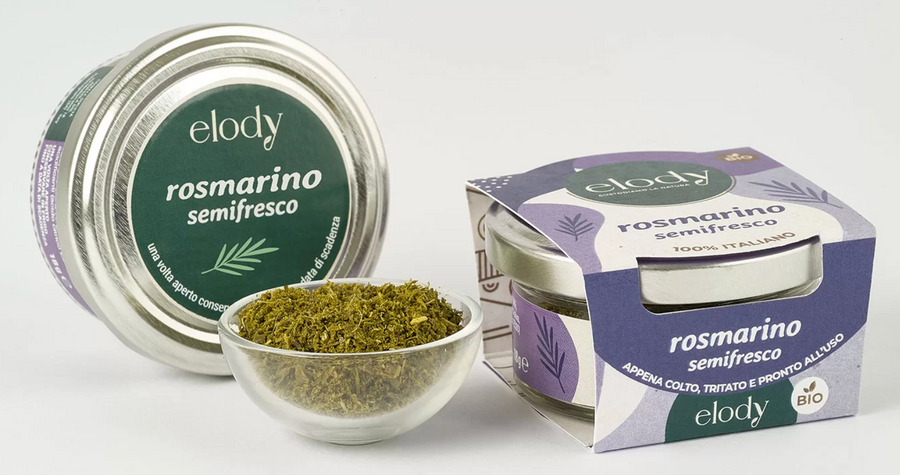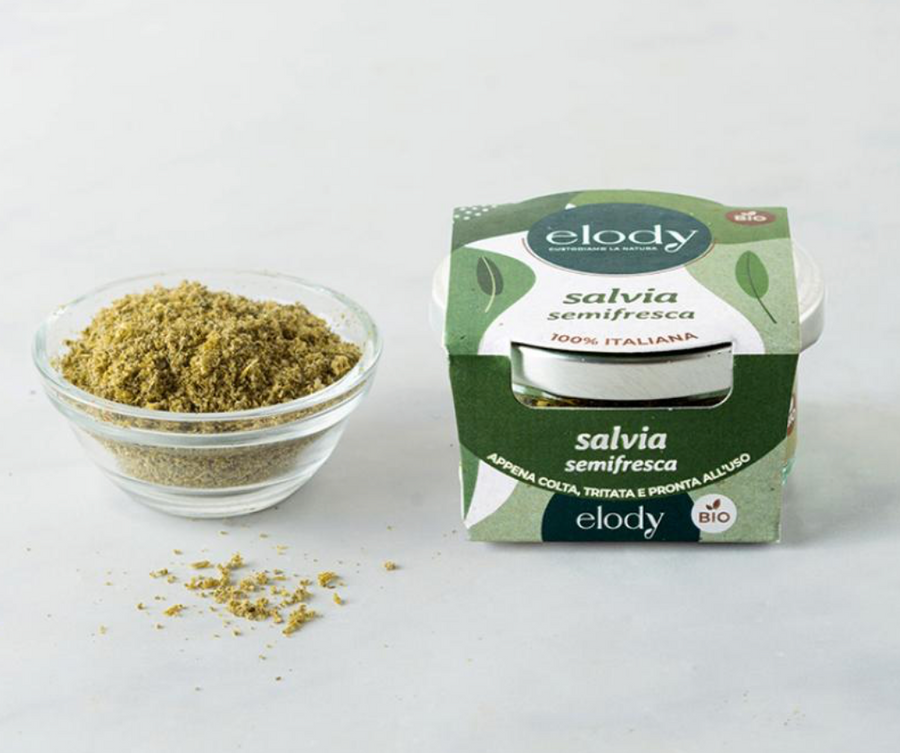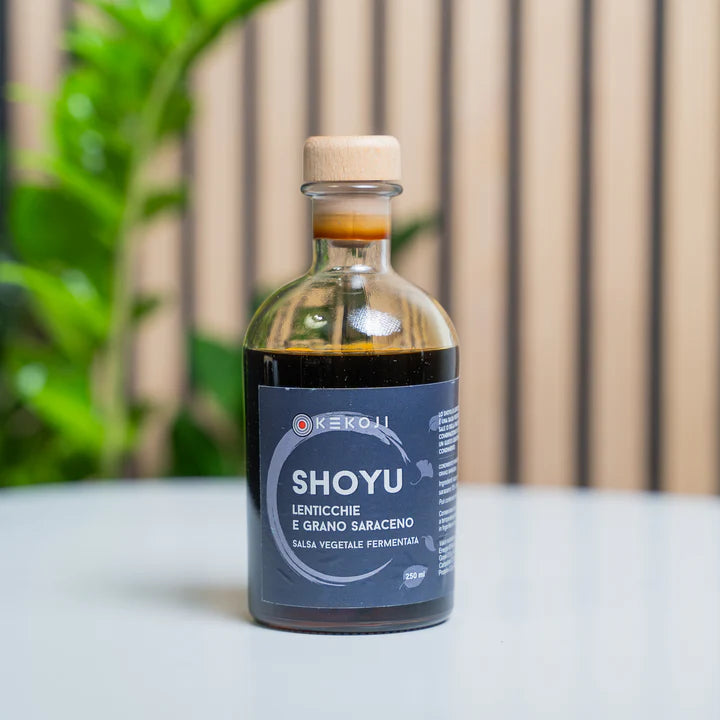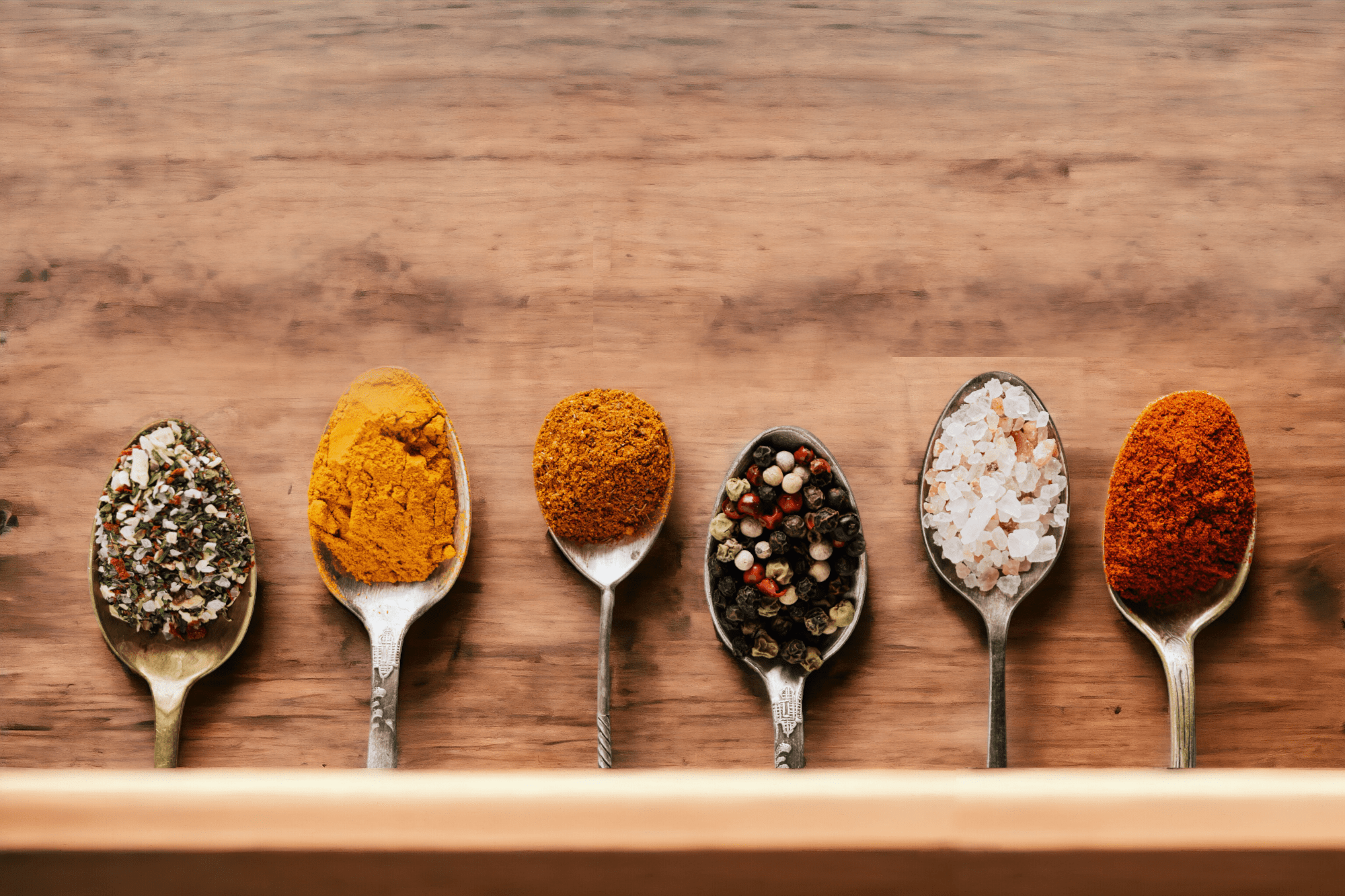
Herbs, spices and aromas: perfumes and flavours for health
Herbs , spices and flavourings are natural ingredients that enrich our dishes with unique intense aromas and flavours. But not only that: these products also have beneficial effects on our health, thanks to their nutritional and therapeutic properties .
They are a good source of vitamins , minerals and antioxidants. For example, rosemary is a good source of vitamin B6, iron and calcium, while basil is a good source of vitamin K, manganese and potassium, or turmeric is a good source of vitamin C, potassium and manganese.
Herbs and spices can be used both fresh and dried . Flavours, on the other hand, are often used in the form of essential oils or extracts .
Among the most common herbs are basil, parsley, rosemary, sage, thyme and oregano, which can prevent and cure certain ailments, such as inflammation, digestion , colds and even stress .
Spices are substances obtained from various parts of exotic plants, such as roots, seeds, flowers and bark. They are used in powder or grain form, during cooking or as a condiment, to add flavor and color to dishes. Some of the most used spices are turmeric, ginger, cinnamon, pepper, paprika, nutmeg and saffron. Spices are known for their anti-inflammatory, antibacterial, antiviral and digestive properties , and can help fight diet-related diseases such as cholesterol, diabetes, obesity and cancer.
Flavours are substances obtained from natural or synthetic extracts, such as oils, essences and artificial flavours. They are used in small quantities to add flavour to foods without altering their taste. Among the most commonly used flavours are vanilla, anise, coriander, cumin and cardamom. They also have positive effects on the nervous system , metabolism, immune system and mood .
Herbs, spices and flavourings have been known to man for centuries and the first examples date back to the Stone Age . Some were widely used in medicine , such as turmeric in India for its anti-inflammatory and antioxidant properties or rosemary, often associated with memory and longevity.
According to a belief widespread among the Greeks and Romans, who considered the basil plant a royal plant, to make it grow it was necessary to shout to the sky, after planting the seeds. The origin of this superstition is not known, but perhaps it spread to exorcise the fragility of the plant or to invoke the protection of the gods. In any case, basil is still considered a sacred plant in India, a symbol of love and happiness in Italy and of peace and prosperity in the Middle East, so much so that it decorates necklaces and garlands hung on doors, during special occasions. Its intense scent and fresh and aromatic flavor have meant that it is often associated with purity and spirituality.

Iscriviti al PROGRAMMA PUNTI FEDELTÀ ZiaCris
💶 e 20€ di credito da spendere nello shop ogni 250 punti accumulati

💰 3€ di credito ti aspettano!
Ottieni un credito immediato per i tuoi acquisti







